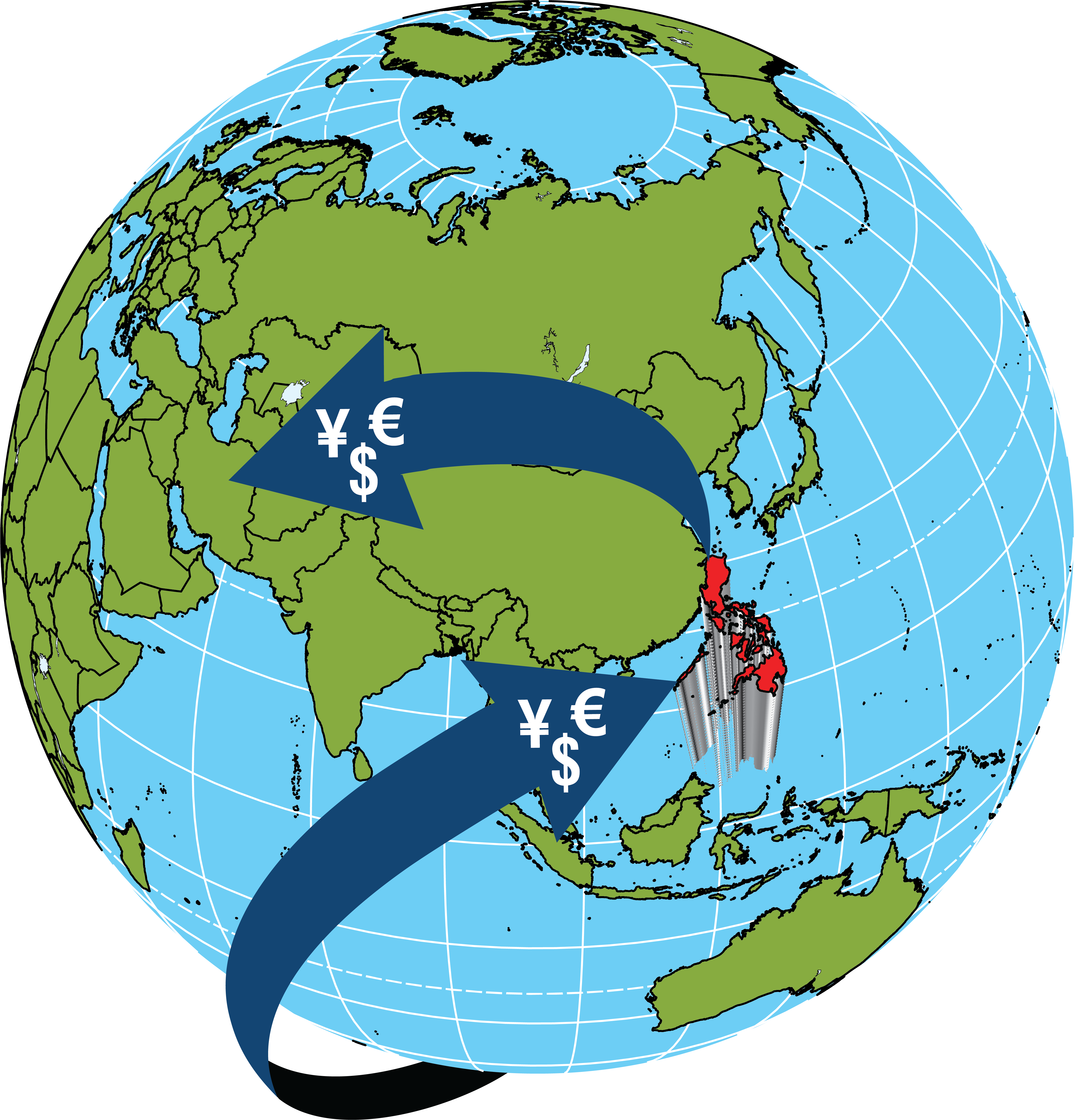Economy and Trade
What Is It?
A country’s current account is a record of its financial transactions with the rest of the world.
A country’s current account balance is a calculation of its net balance of payments of all financial transactions with the rest of the world.
How Is It Calculated?
The current account balance has three components:
- Net balance of trade in goods and services (exports minus imports)
- Net balance of international investment income (income from investments worldwide minus income sent out of the country to foreign owners)
- Net balance of international transfers (transfers of capital, including foreign aid and personal remittances, into the country minus such capital sent out of the country)
The largest component in the calculation is a country’s balance of trade in goods and services.
Current Account Balance = Trade Balance + Investment Income Balance + International Transfers Balance
What Does It Mean?
In the context of a country’s dealings with the rest of the world:
- A positive current account balance (a surplus) means that the country is earning more than it spends.
- A negative current account balance (a deficit) means that the country is spending more than it earns.
A nation's current account balance is influenced by a number of factors, including its trade policies, foreign exchange policies, international competitiveness, foreign exchange market reserves, inflation, and others.
The current account balance is widely used for analysis and forecasting.
Copyright © 1993—2025 World Trade Press. All rights reserved.

 Philippines
Philippines 